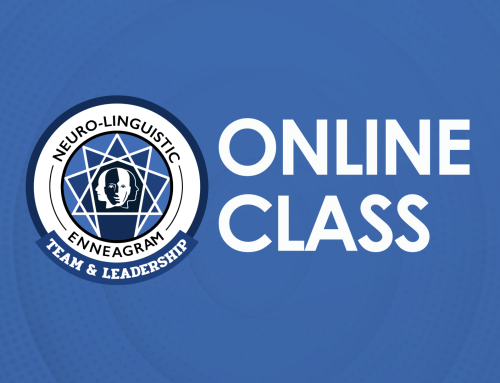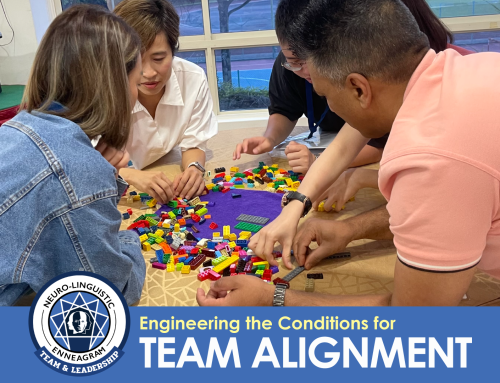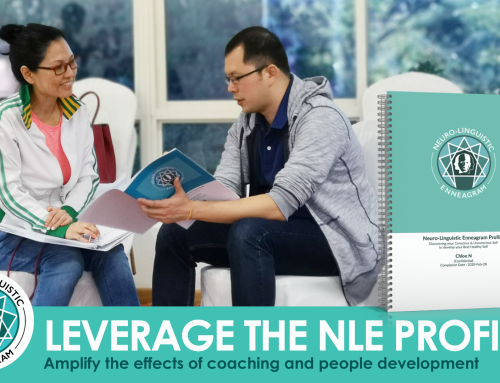Whether you’re a rugby fan or not, you must have heard of New Zealand’s All Blacks.
The All Blacks are simply the most successful sports team in history, achieving a better win ratio than Brazil in football or Australia in cricket.
What makes them stand out? And how do they keep winning while dominating their sport?
Well, they work hard⎯that’s a given, but what really sets them apart is the TRUST they have in each other, a compelling PURPOSE and strong team IDENTITY.
Playing for the All Blacks, is not just representing a country. It represents the Maori culture and identity, it is a way of life.
“We trust each other, we play for each other and play for a cause bigger than each of us; not for our own selves.”
They’re open, honest, accountable with a strong sense of purpose.
In business, like in sports, when you’ve got a team with the above qualities, you’ve got the winning formula; you don’t need to spend precious time managing conflict. Instead, you can keep your focus and progress much faster toward business goals.
On the flipside, when there’s no trust in your team, when people are not open and accountable, you’ve got misalignment, conflict, low collective performance or worse⎯people wanting to leave the organisation.
Now a highly effective team is not built overnight.
It does require strategy and well-planned interventions to create synergy.
From my experience as an HR Director and Executive Coach, there are a number of things we can do to create a synergistic team. Let me share with you some of the tested strategies that I’ve used and that work well.
1. Awareness
It all starts with awareness; of self and of the other team members. We want to know each other’s qualities, traits and patterns, what motivates us and how we work best. The more we get to know ourselves and each other, the stronger rapport and relationships we can build.
2. Alignment
Next, we want to create alignment via an Esprit de Corps spirit. This means we need, first of all, a shared vision, a “raison d’etre” that is inspiring; we then want to align toward our common purpose with clear strategies and goals. We want to communicate with each other in a way that doesn’t allow for misperceptions or interpretations.
3. Acceptance
Thirdly, we want to create a climate of acceptance and trust. Very often, conflicts arise because of people having different beliefs or by them not expressing what they wish to say. Over time, grudges pile up and can result in internal blockages, resistance to working together, ego clashes and arguments from which it’s hard to recover. When we can trust that nobody’s got hidden agendas, when things are expressed openly and the “air is clear”, we naturally create an atmosphere of trust in the team.
4. Adversity
Finally, when adversity and conflicts arise, we need to know how to handle them in a way that allows everyone to move forward having gained some useful insight. We need maturity and courage to have healthy tensions when necessary and to handle conflicts positively, without taking things personally. Drawing up a team charter, with clear rules of engagement is definitely useful; it sets boundaries and the right expectations. Adversity, be it internal or external to the team allows for learning and growth.
On a larger scale, these are also key issues that are mirrored in organisations.
So with functional, aligned teams in place, the steps above further apply to entire organisations, with teams developing awareness of each other, creating a common vision, trusting each other and handling conflict positively.
Team coaching, with all the above components, is one of the topics we tackle in the upcoming Executive Coach Certification Programme happening on 23 – 27 Nov 2019 in Singapore.
If you’re a coach or aspiring to be one or if you’re a leader and wish to improve the effectiveness of your team, you will find this training very useful. Besides the scenario we’re tackling here, you will learn about coaching in three other most common scenarios in organisations, namely change and career transition coaching, work relationship coaching and performance coaching.
If you’re interested, I hope to have you in my class—for four enriching days of intense practice. The 2019 intake for Executive Coach Immersion Training closes for enrollment on 10 Oct 2019.
[inf_infusionsoft_inline optin_id=”optin_2″]






